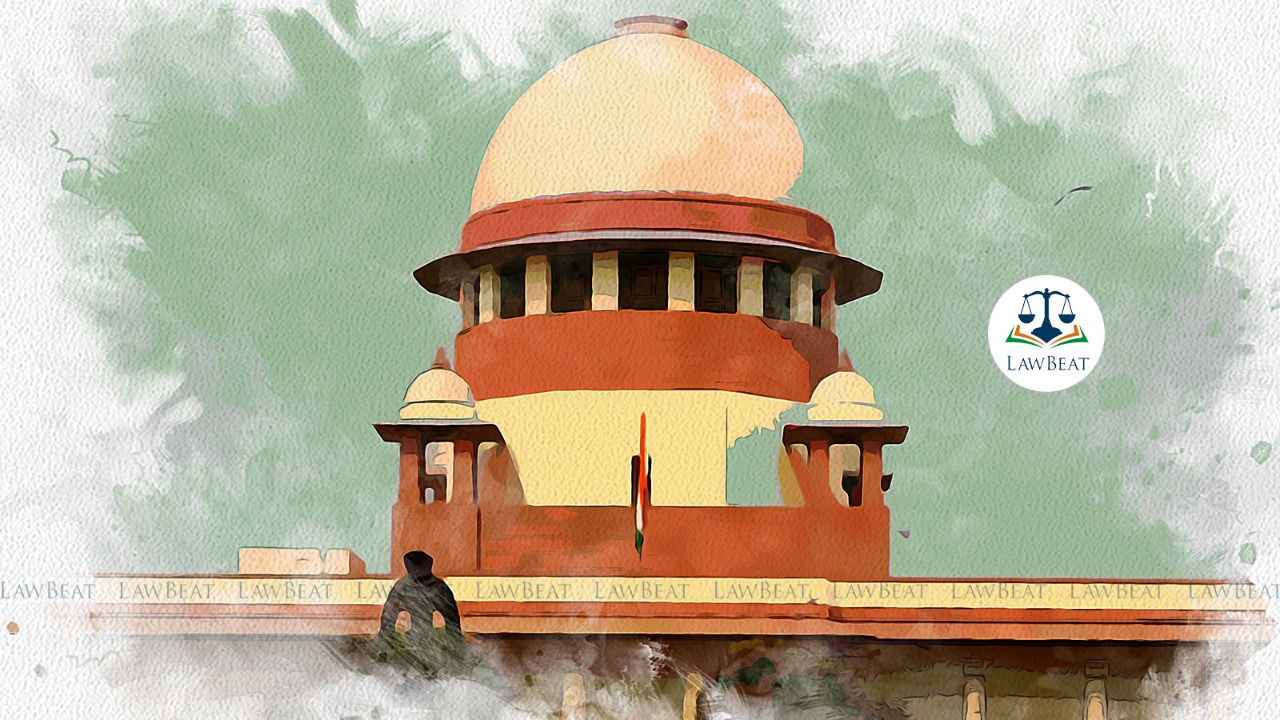'It is the duty of the State to Preserve and Protect Water Body'- Supreme Court Disallows Mining Activity

Earlier, the Bench of the Madras High Court comprising of Justice TS Sivagnanam and Justice R Tharani, was of the opinion that the impugned order was wholly unsustainable, illegal, arbitrary and in absolute denigration of the Environmental Laws.
A Bench of Justice MR Shah and Justice Krishna Murari, while hearing a plea challenging the impugned order of the Madras High Court (Madurai Bench) did not find any reason to interfere with the High Court's order. The matter pertained to mining near a water body, on which the Court exclaimed, "we will not allow any mining near a water body".
The respondents vehemently submitted that the land in question was a dry land, and they had cogent reasons to prove the same.
The Bench was of the opinion that 'nobody can be permitted to have mining activity in or near a water body. It is the duty of the State to preserve and protect the water body".
Background: Earlier, the Bench of the Madras High Court comprising of Justice TS Sivagnanam and Justice R Tharani, was of the opinion that the impugned order was wholly unsustainable, illegal, arbitrary and in absolute denigration of the Environmental Laws.
The petition before the Madras High Court was filed under Article 226 of the Constitution of India, to issue a writ of certiorarified mandamus to call for records pertaining to the impugned order passed by the, the District Collector cum The Chairman of the District Environment Impact Assessment Authority Trichy. The order permitted for quarrying of land near a water body, that was wrongly shown in the revenue records as a rocky terrain. And further asked the Court to quash the same as illegal and consequentially direct the respondents to preserve the water body, check dam, water supply system.
The High Court had held, "We cannot accept the submissions made on behalf of the fourth respondent that it is a common knowledge that the entire area is a rocky terrain and therefore, there is no error in granting permission. Admittedly, the subject land has been selected for grant of permission to quarry stone for the first time and as per the averments made in the counter affidavit of the first respondent, for a brief period of three years, manual stone quarrying was permitted, but, because of violation of condition, the same was stopped. If illegal quarrying has been done in any area, then it is the officials, who have to be first blamed for not enforcing the law and they cannot be permitted to take advantage of their own wrong".
CASE TITLE: A Malliga vs. The District Collector cum The Chairman of the District Environment Impact Assessment Authority Trichy
